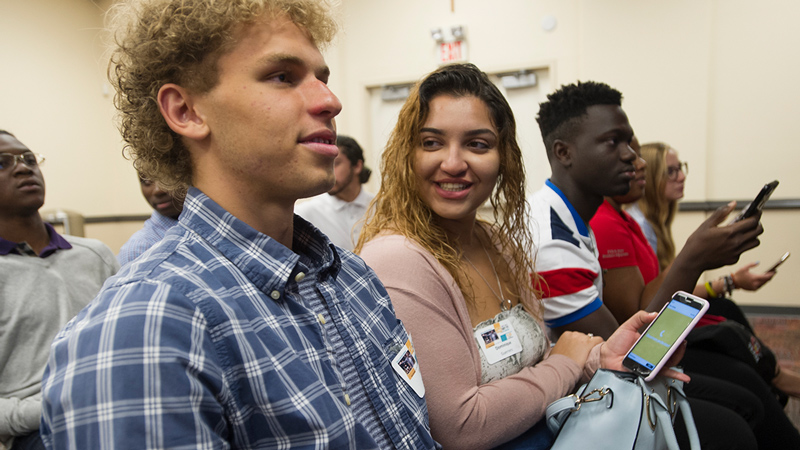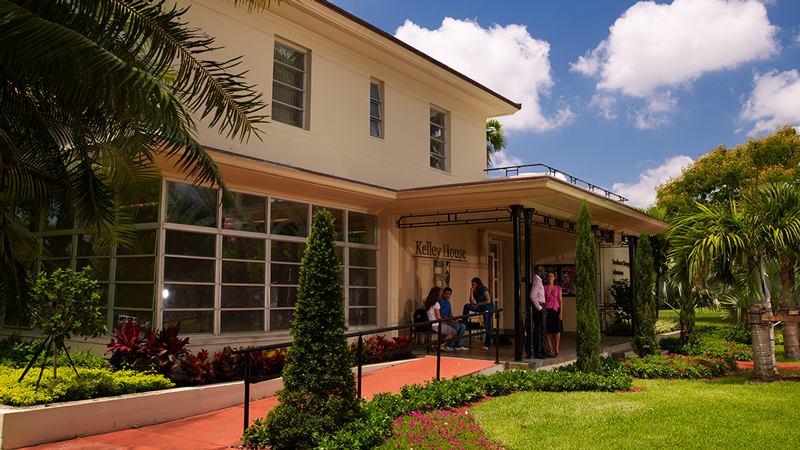Biography
Dr. De Palma worked as an Emergency Manager for six years (2008-14), and developed, facilitated and participated in several drills/workshops/table top/functional and full-scale emergency exercises. At the federal level, he served as a consultant for the Department of Homeland Security -- Science & Technology Directorate, awarding grant funding to academic programs in the U.S. Locally, he collaborated with a team of instructors to teach ICS 300 & 400 to 450 Officers at Miami-Dade Fire Rescue, and separately, collaborated with a team to develop Miami-Dade County's Threat & Hazard Identification and Risk Assessment (THIRA) in 2014-15. Dr. De Palma began teaching emergency management courses at Barry University as an adjunct professor in 2014, and soon afterward he accepted a full-time Assistant Professor position in the School of Professional and Career Education’s (PACE) Bachelor of Science in Emergency Management Program (BSEM). During the past 25 years he served as Assistant Dean for Student Development supervising several units, and as Director of Career Services. The September 11th terrorist attacks compelled Dr. De Palma to ask how higher education may be impacted. Ultimately, he used FEMA's model, Building a Disaster Resistant University, to complete his doctoral dissertation. The study looked at how FEMA's guidelines were being adhered to at community (now 'state') colleges in the state of Florida. The April, 2007 massacre at Virginia Tech required institutions of higher education to seriously look at how they were managing incidents, and more importantly, how they could prevent, prepare for and mitigate all-hazards. The US Department of Education responded to the Virginia Tech massacre by awarding Emergency Management in Higher Education grants for the first time in 2008. Dr. De Palma partnered with 2 other fully-accredited universities in S. Florida and was awarded the largest grant in the nation ($582K) for which he served as the federal project director. The grant allowed the consortium of institutions (i.e., Barry University, Florida Memorial University and St. Thomas University) to conduct vulnerability assessments, develop Comprehensive Emergency Management Plans, conduct training and exercises to test their plans, and develop significant partnerships with local, state, and federal agencies, the private-sector and non-profits. Peers elected Dr. De Palma to serve as the Regional Domestic Security Task Force (RDSTF) Chair of the Campus Security Work Group (Region VII – S. Florida), for which he served for two years. While Chair, he facilitated the procurement of state homeland security grant funding for K-20 schools. Separately, in 2013, he participated in the State of Florida's Domestic Security Strategic Plan Review, and served as the Statewide Funding Chair for the RDSTF Campus Security Work Group, which secured Homeland Security grant funding for K-20 schools in the state of Florida.





















